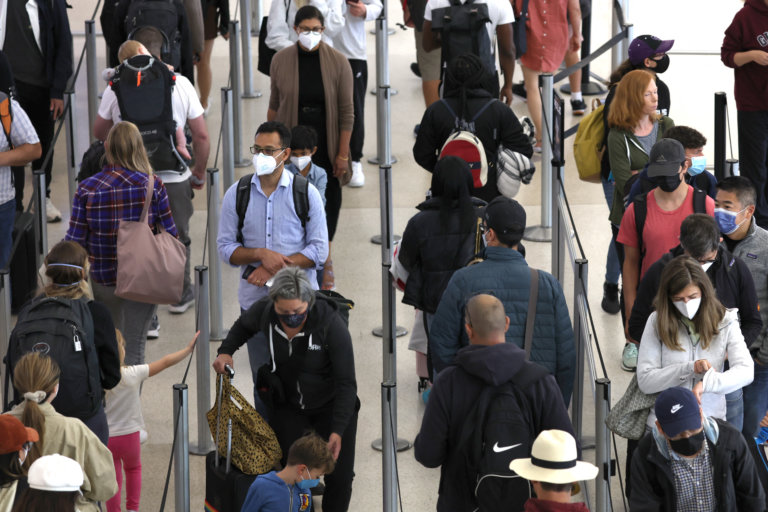
If you’re an international student, you’re likely familiar with the concept of having to take English language tests as part of your visa application. This can be a costly and tiresome expense — especially for those whose language proficiency can already be proven in other ways.
Despite this, the English language requirement extends beyond the usual student pathway. This was recently highlighted in the newly introduced New Zealand investor visa. Here, new investors to businesses in New Zealand must spend at least 117 days in the country per year over the four-year investment period, and sit for an English language test.
Experts are slamming the move, calling it “crazy”. Many are also pointing out the racist undertones of such requirements in their visa application.
“It assumes that business owners in New Zealand don’t speak other languages and couldn’t utilise that, especially for going into new markets,” scientist Dr. Michelle Dickinson told Newshub. “I’m a business owner, I speak English and I speak Chinese fluently — I don’t need my investor to speak fluent English in order for me to have a great business relationship and investment.”
Dickinson added that in most cases, immigrants who relocate to a new country spend most of their time learning the language anyway — making the pre-requirement, in most cases, redundant.
“We’ve got two other official languages,” said lawyer Chris Patterson. “I mean, we’re not going to require them to learn Te Reo. We’re not going to require them to learn sign language. Why do we require them to learn English? Do we really need them to be able to speak English?”

University campuses are providing measures to increase students’ language proficiency. Source: Daniel Slim/AFP
Are visa application requirements justified?
Meeting English language requirements in visa applications is not a new concept. For international students, taking an English language test is often part and parcel of a successful visa application.
Students applying to universities in the UK, for example, are required to take the IELTS. This combination of speaking, writing, listening and reading is used to determine how well a student is versed in the English language. Upon completion of the test, students will receive their grades within a band, ranging from 0 (low proficiency) to 9 (expert proficiency).
However, the specific testing structure often means that students who are already well-versed in the language might still need to take practice papers and speaking lessons. This often takes up time spent studying for important exams such as A Levels or the IB.
Some level of English comprehension is a necessity in the case of international students, to ensure lectures and seminars can be delivered smoothly. Still, there are many other ways universities are helping students master the English language — even after their proficiency has been proven by the IELTS tests.
The University of Salford, for example, incorporates additional and comprehensive English lessons as part of a student’s International Foundation Year. This helps hundreds of international students who do not have a proper grasp of the language smoothly integrate into their undergraduate degrees.
In this, IELTS do not always indicate a student’s proficiency in the language — serving as an additional costly barrier to the visa application process.

Language requirements have been slammed by the Australian Labour party as being unfair to partners looking to immigrate. Source: Justin Sullivan/AFP
Language requirements can be an unfair barrier
In Australia, individuals applying for a partner visa will have to learn English to a “functional level” to qualify. The Labour party, however, has pointed out that the plan “smacks of racism” and could make it even harder for couples to migrate and begin their lives in Australia.
“I’m unable to find anyone who can clearly articulate what this test means, other than to impose anxiety on people who are already stressed,” said Labour Minister for Multicultural Affairs Andrew Giles.
“Not only for people who are applicants but for so many people in our country who have come here without English or with very limited English and have made extraordinary contributions, extraordinary contributions who have built modern Australia.”
Despite this, language tests are not likely to be dropped as a visa application criteria anytime soon. Most, if not all higher education countries, require language requirements as part of the visa application.
Currently, the US remains the only major country that does not require applicants to fulfil any English requirements to qualify for a visa.










